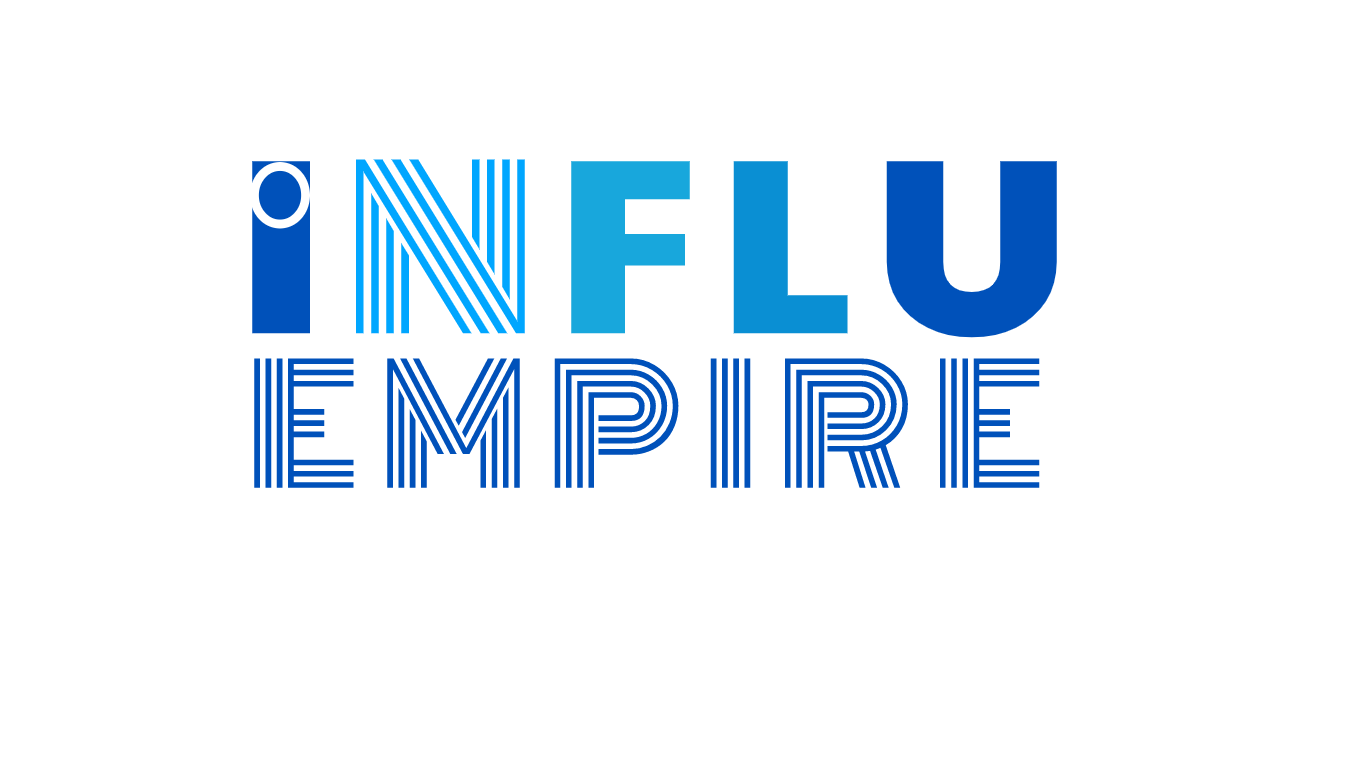
Influencer marketing and digital marketing are two of the most popular ways for brands to reach their target audience. Both strategies have their own set of pros and cons, and choosing the right one for your brand depends on your goals and resources.
In this blog post, we’ll take a closer look at influencer marketing vs digital marketing for Indian brands, and help you determine which strategy is the best fit for your brand.
Influencer Marketing Pros:
1.High reach and engagement:
Influencers have a large and dedicated following, which means that your brand’s message will reach a wide audience. This can be especially beneficial for increasing brand awareness and promoting new products or services.
2.Authenticity:
Influencers are seen as credible and trustworthy by their followers, which can help to boost the credibility of your brand as well. This can be especially beneficial for building trust with potential customers and increasing conversions.
3.Targeted audience:
Influencers often have a specific niche audience, which means that you can reach your target audience more effectively. This can be especially beneficial for reaching a specific demographic or interest group.
4.Increased trust and credibility:
Influencer marketing can help increase the trust and credibility of your brand among the target audience. This can be especially beneficial for building a strong brand reputation and increasing customer loyalty.
5.Increased brand awareness and loyalty:
Influencer marketing can help increase brand awareness and loyalty among the target audience. This can be especially beneficial for driving long-term growth and increasing sales.
Influencer Marketing Cons:
1.High cost:
Influencer marketing can be quite expensive, especially if you’re working with well-known influencers. This can be especially challenging for small or medium-sized businesses with limited budgets.
2.Limited control:
Influencers have a lot of autonomy when it comes to how they choose to promote your brand, which can lead to unexpected results. This can be especially challenging for brands that have a specific message or branding that they want to maintain.
3.Short-term impact:
Influencer marketing campaigns often have a short shelf life, meaning that you’ll need to keep investing in new campaigns to maintain visibility. This can be especially challenging for brands that are looking for long-term results.
4.Difficulty in measuring ROI:
Measuring the ROI of influencer marketing campaigns can be challenging. This can be especially challenging for brands that need to justify the cost of their campaigns to stakeholders.
5.Dependence on a particular influencer’s audience:
Influencer marketing campaigns are dependent on the influencer’s audience, their behavior and interests. This can be especially challenging for brands that want to reach a broader audience.
Digital Marketing Pros:
1.Cost-effective:
Digital marketing is often more affordable than traditional marketing methods. This can be especially beneficial for small or medium-sized businesses with limited budgets.
2.More control:
With digital marketing, you have more control over how your brand is presented, which can help to maintain consistency across different channels. This can be especially beneficial for brands that want to maintain a specific message or branding.
3.Long-term impact:
Digital marketing campaigns can have a long-term impact, which means that you can see a return on your investment for a longer period of time. This can be especially beneficial for brands that are looking for long-term results.
4.Ability to target specific demographics:
Digital marketing campaigns allow targeting specific demographics through various means like social media, email, search engines, and more. This can be especially beneficial for brands that want to reach a specific demographic or interest group.
5.Measurable ROI:
Digital marketing campaigns can be easily measured, and the ROI can be calculated. This can be especially beneficial for brands that need to justify the cost of their campaigns to stakeholders.
Digital Marketing Cons:
1.Limited reach:
Digital marketing campaigns can be limited in terms of reach, especially if your budget is limited. This can be especially challenging for brands that want to reach a wider audience.
2.Lack of authenticity:
Digital marketing can be seen as less authentic, which can make it harder to build trust with your target audience. This can be especially challenging for brands that want to build trust and credibility with their audience.
3.Crowded space:
With the rise of digital marketing, the online space has become increasingly crowded, which can make it harder to stand out. This can be especially challenging for brands that want to be seen and heard among the competition.
4.Difficulty in standing out:
With the crowded space, it becomes difficult for brands to stand out. This can be especially challenging for brands that want to be seen and heard among the competition.
5.Constant optimization needed:
Digital marketing campaigns need constant optimization to maintain the effectiveness. This can be especially challenging for brands that don’t have the resources or expertise to optimize their campaigns.
6.Dependence on technical expertise:
Digital marketing campaigns require technical expertise to execute them effectively. This can be especially challenging for brands that don’t have the resources or expertise to execute their campaigns.
In conclusion, influencer marketing vs. digital marketing has been one of the most asked questions among the brands. Both of these strategies are both effective ways for Indian brands to reach their target audience, but the right strategy for your brand depends on your goals, resources, and target audience. It’s important to evaluate which strategy aligns with your goals and resources and consider the pros and cons before deciding.
It’s also important to note that a combination of both strategies can also be beneficial for some brands. For example, using influencer marketing to increase brand awareness and then using digital marketing to drive conversions and sales. It’s essential to have a clear understanding of the target audience, their behavior, and interests before deciding on a strategy.
Ultimately, the question influencer marketing vs. digital marketing will vary from brand to brand. The most effective strategy is one that is tailored to your brand’s specific needs and goals. By understanding the strengths and weaknesses of both influencer marketing and digital marketing, Indian brands can make an informed decision and achieve the best possible results.

